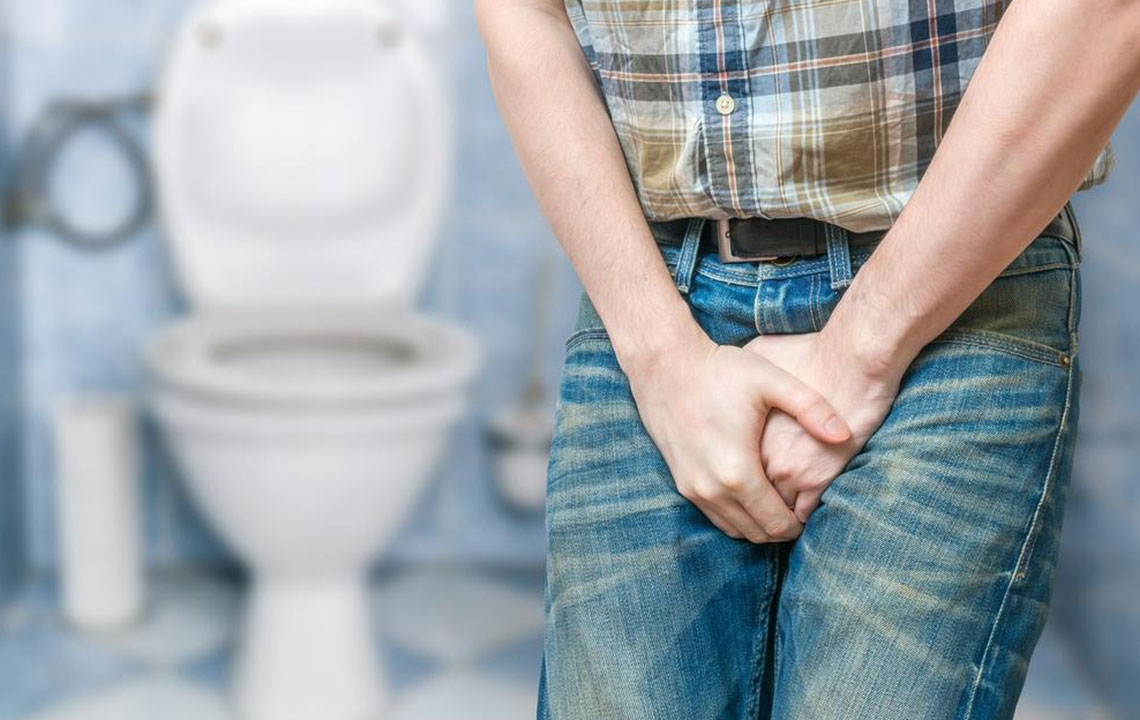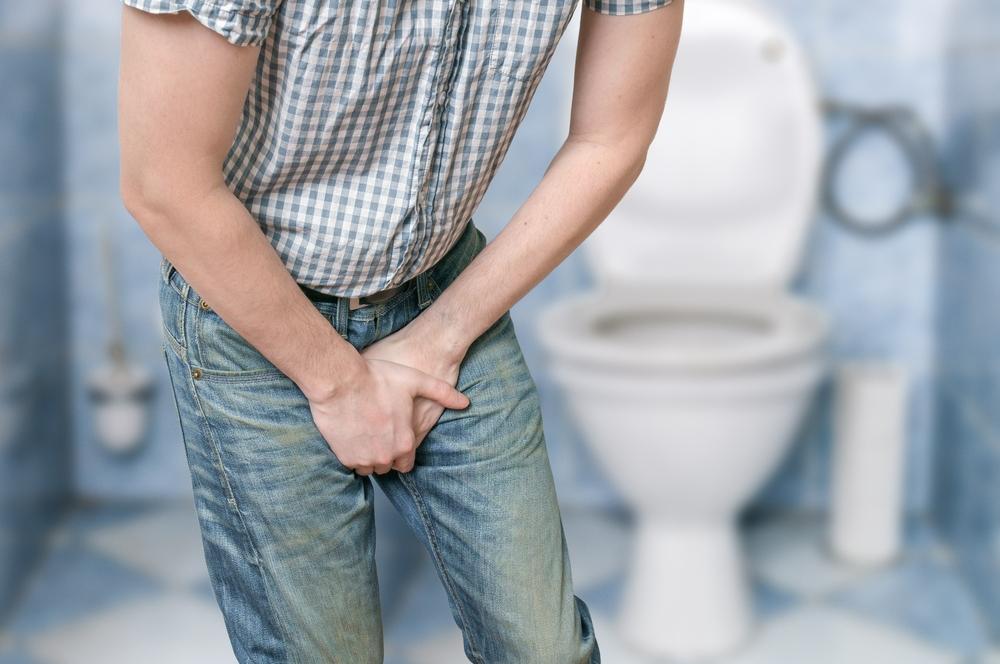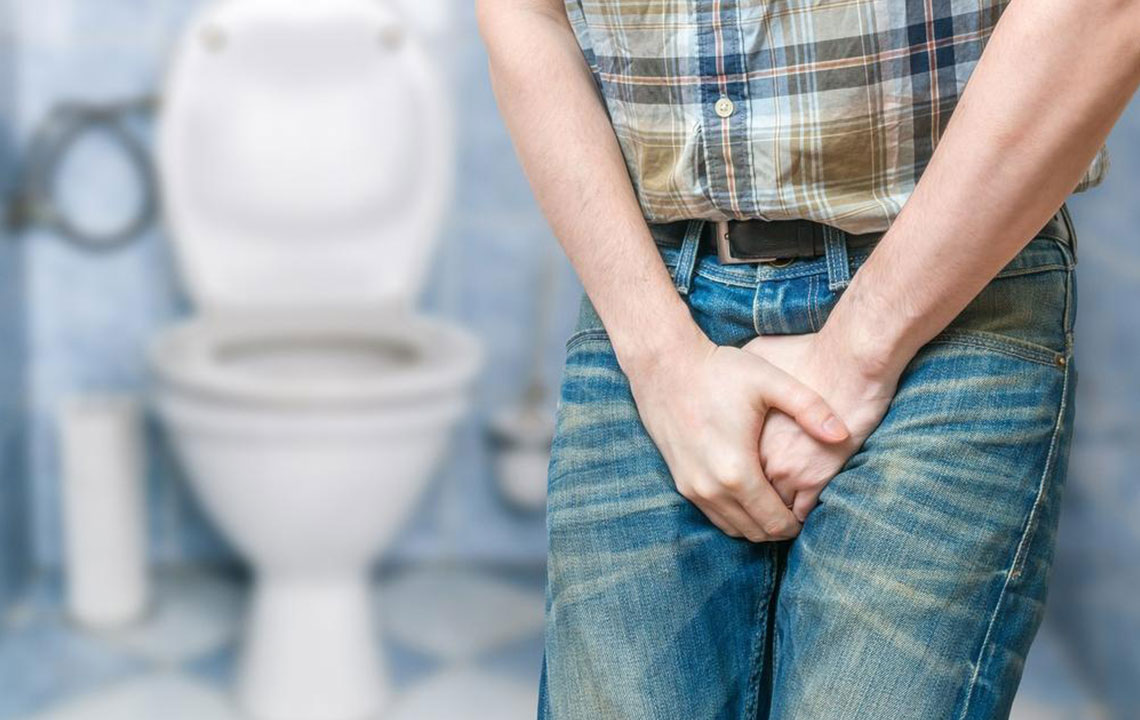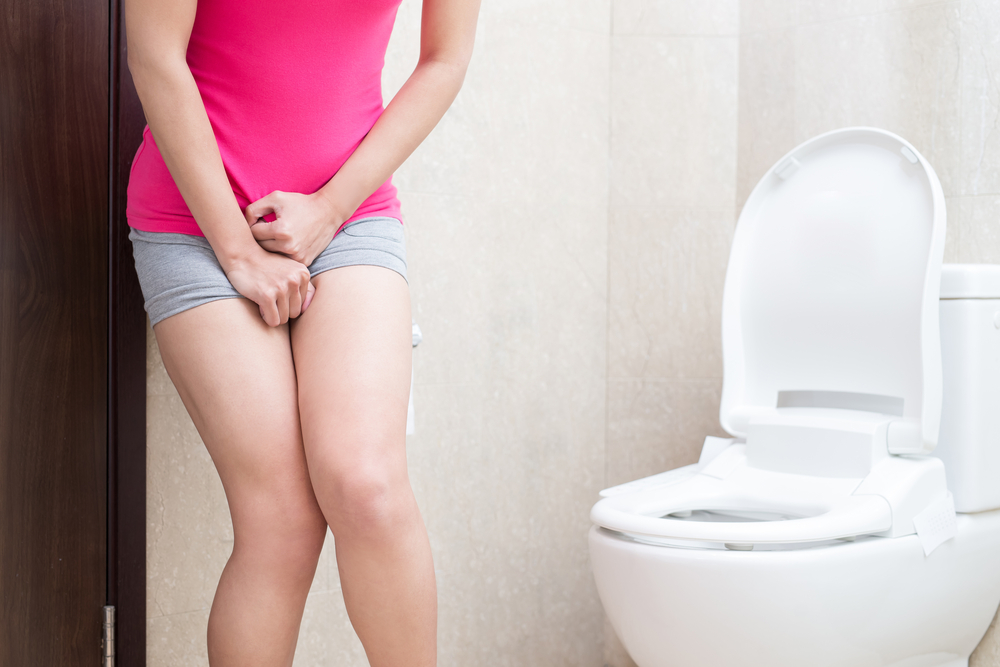Effective Strategies to Manage Frequent Urination
Learn effective methods to address frequent urination, understanding its causes like UTIs and overactive bladder. Discover symptoms, diagnostic procedures, and treatments to manage and prevent this common condition.

Effective Strategies to Manage Frequent Urination
Experiencing the need to urinate more often than usual is a common concern. This condition, often linked to an overactive bladder, involves sudden urges to urinate and potential loss of bladder control. People with this issue may feel discomfort and urgency when their bladder is full. Typically, those affected urinate more than eight times daily, and ignoring the symptoms can lead to embarrassing situations.
It is crucial to investigate the root causes and pursue appropriate medical treatment. A proper diagnosis can help target the underlying problem, whether it's an infection, nerve issue, or other health condition.
Common causes include urinary tract infections (UTIs), which are more prevalent in women due to their anatomy. Bacteria entering the bladder cause symptoms like painful urination, urgency, and discomfort. Risk factors include sexual activity, diabetes, pregnancy, and incomplete bladder emptying.
Overactive bladder itself is another major cause, impacting about 33 million Americans. Symptoms include frequent urination, nighttime urination (nocturia), and sudden urges that can result in leaks. Causes involve hormonal changes, injuries, obesity, strokes, and neurological conditions that disrupt bladder control.
Other contributing issues encompass interstitial cystitis, bladder stones, diabetes, and excessive alcohol, caffeine, or nicotine consumption—all of which can irritate or weaken bladder function.
To identify the problem, medical consultation is essential. Symptoms such as foul-smelling urine, burning sensations, blood in urine, lower abdominal pain, or incontinence should prompt a visit to a urologist.
Diagnosis involves urine tests, pelvic exams, cystoscopy, ultrasound bladder scans, and urodynamic tests to assess bladder function and identify infections or structural anomalies.
Treatment varies with the cause. UTIs are treated with antibiotics, while bladder control issues may benefit from medications and pelvic exercises like Kegel exercises, which strengthen pelvic muscles.
Preventive tips include avoiding bladder irritants like caffeine, alcohol, and spicy foods before bedtime, increasing fiber intake to prevent constipation, and seeking medical advice at the earliest signs of symptoms to maintain healthy bladder function.
Note: This blog offers valuable insights but should not replace professional medical advice. Always consult healthcare providers for diagnosis and treatment of urinary issues.










